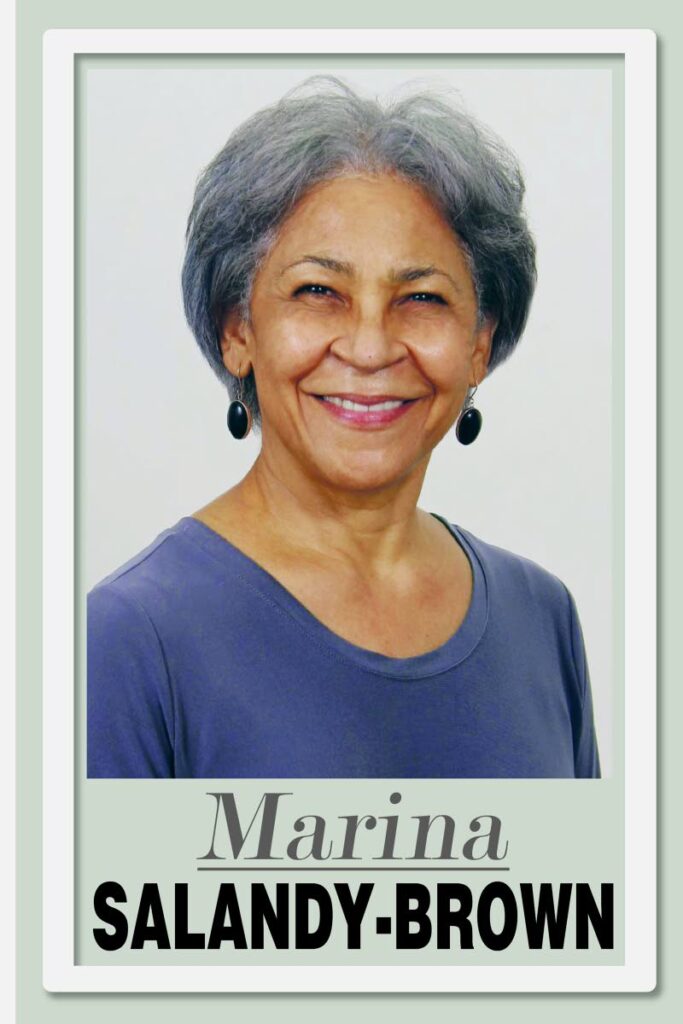Repeating patterns of terror

There is nothing new under the sun.
Many of us have grown up hearing this pearl of wisdom. It came back to me last week as I enjoyed a rare, full five-hour, French-language presentation of Verdi’s Don Carlos, a MET production in New York, relayed to a big-screen cinema in Toronto, Canada.
The grand opera, composed by Giuseppe Verdi and usually abridged and sung in Italian, is fictional but based on historical figures of the 16th century: King Philip II of Spain – defender of the Catholic faith in Europe, his son and heir Don Carlos and the Princess Eboli. The producers say the work explores the conflicts between love, friendship, idealism and duty.
In the opera as in real life, Don Carlos is a weak prince with a destiny. His father is the omnipotent King of Spain, Portugal, England (through his marriage to Queen Mary, Elizabeth I’s older half-sister), Naples and Sicily, Duke of Milan and Lord of 17 Provinces of the Netherlands.
In a bid to make peace with France, Philip marries Elisabeth of Valois, the oldest daughter of Henry II, King of France, but she was already betrothed to the eponymous Don Carlos. The opera takes poetic licence and fills in the fictional gaps in what might have been the fallout of Carlos losing his love to his powerful father, during whose reign the Spanish empire attained its greatest power and influence, and it did not do so bloodlessly.
Don Carlos is a timely production, as it partially mirrors current bellicose political events in eastern Europe and the powerplay between proud, fierce men and the use of violence and fear as means of control. It reminds us that there is nothing new in the terror in Ukraine and the dangers of absolute power.
The backdrop to Don Carlos is the infamous Spanish Inquisition, which lasted centuries in Spain (1478-1834). The Spanish did not create the Inquisition, which started in the 12th century, but the Spanish monarchy and the Catholic Church perfected the gruesome system of weeding out Jews and Muslims and so-called heretics, through torture, persecution, execution, exile, forced conversions and taxation, making the Inquisition a defining part of Spanish history.
Sixteenth-century Spain may seem a little remote from Trinidad and Tobago, but Trinidad was Spanish territory for around 300 years and the people were subjects of King Philip II, the Spanish monarch who intensified the Inquisition as a means of strengthening Catholic orthodoxy.
Talk of the horrors of the Inquisition and the King’s savage quelling of revolt in Flanders (then in the Netherlands) in the mid-1500s was prominent in Verdi’s opera and sounded exactly like Russian tactics in Ukraine at the moment, but if the MET operatic presentation failed, it was in creatively capturing the visual expression of those horrors for which Pope John Paul II famously apologised in 2000. His Holiness owned up to the “millennia of grievous violence and persecution, from the Inquisition to a wide range of sins against Jews, nonbelievers, and the indigenous people of colonised land,” as was widely reported internationally.
Then in 2015, Pope Francis apologised for the “grave sins” of the church in service of colonialism. Last week, he decried Russian atrocities in Ukraine. Reporters call them the worst in Europe since WWII, but we forget the Balkan war of the 1990s and the atrocities committed on all sides in what should be seen as the working through of imperial collapse in the 20th century, similar to current events in Ukraine.
I enquired of a Polish friend about the current well-being and attitude of her family and friends in Poland. She remarked that war, famine, pestilence, and gruesome acts of terror in Europe, as well as constantly changing borders, go back millennia. Her mother was born in Poland, but after WWII her birthplace was in Russia.
The Poles are not surprised by any reports of rape, murder and war crimes by the Russian army, since they have lived them throughout history. For context, some 32,000 people were reputed to have been executed over 200 years during the Spanish Inquisition, which was a lot, given population sizes at that time, but compare that to some 22,000 Polish soldiers and intellectuals being shot in the back of their heads by Stalin’s Red Army in 1940 in the infamous Katyn Forest massacre. The 2007 cinematic account was nominated as a best foreign-language Oscar film.
Many of us remember the very same and now incongruous Vladimir Putin going to Poland in 2010 to lay a wreath and apologise for that horror, which had always been blamed on the Nazis and successfully covered up for decades. Instructively, Russia stopped classifying it as a war crime, yet it is deja vu to witness similar events recurring in the 21st century in Ukraine. The Poles fear that Putin, like Hitler, will not stop until stopped. As my friend said, Ukraine, like Poland, does not necessarily want to be part of NATO or the EU; but they want to be safe from Russia.


Comments
"Repeating patterns of terror"